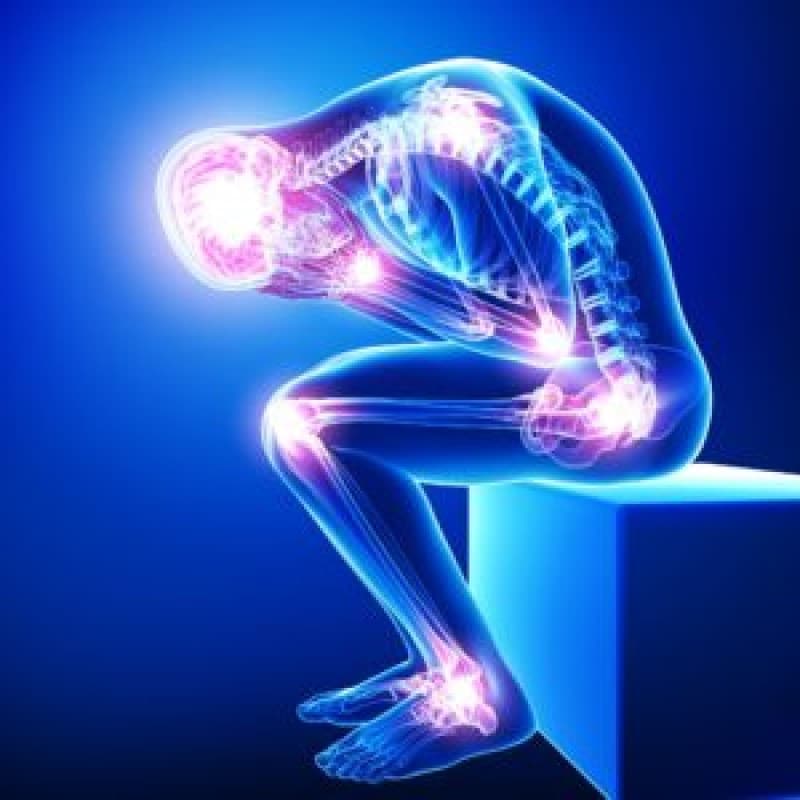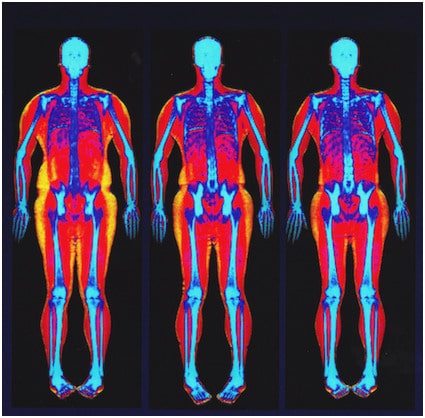Undetected cardiovascular disease is the most significant health risk facing people today. Heart disease remains the leading cause of death for both men and women in this country. About 600,000 people die...
read moreBlog
Thyroid Disease: Treatment & Options Explained
Thyroid disease is one of the most common, yet misunderstood and overlooked, conditions in Americans. It’s estimated that in the United States, at least 27 million and as many as 60 million...
read moreIs Hormone Replacement Therapy Right for Me?
When it comes to treating hormonal imbalance, there is no uniform approach. Yet, many in the medical field continuously prescribe “band-aid” treatments that may work for some but don’t offer all patients...
read moreBioToxin Illness/Chronic Inflammatory Response Syndrome
DO you have chronic symptoms such as fatigue, aches, pains, and brain fog? If so, you might be suffering from biotoxin illness. With at least 20% of the population being susceptible to...
read moreHow Can Functional Medicine Help Me?
The Lamkin Clinic is a proud practitioner of Functional Medicine, an approach many are calling the future of medicine. When it comes to functional medicine, there’s a lot to unpack, but if...
read moreArthritis Signs and Symptoms – And Ways to Manage It
Arthritis is the inflammation of any of the 200 joints within the human body, and also affects the bones, muscles, tendons, and ligaments. It is a type of rheumatic condition that involves...
read more3 Things to Know About Nutrition in Functional Medicine
For years, our healthcare system has always been focused on treating the symptoms of disease. Patients going to the doctor would expect to get treatment for their disease or chronic condition by...
read moreDEXA Scans and Their Health Benefits
Everyone wants to figure out the secret to health and wellness, so they try various diets, workout routines, fitness plans, and more. While these are definitely the ingredients to staying in shape...
read moreHow Functional Medicine Helps You Feel Your Best
How many times have you seen your doctor for an ailment, only to have all your X-rays, blood tests, and other diagnostic tests come back normal? You know you’re suffering, and so...
read moreGreater Amounts of Belly Fat in Aging Adults Linked With Cognitive Impairment
In a new study that looked at over 5,000 older Irish adults, it was found that greater amounts of belly fat are associated with cognitive impairment. This is an extremely important finding...
read more









